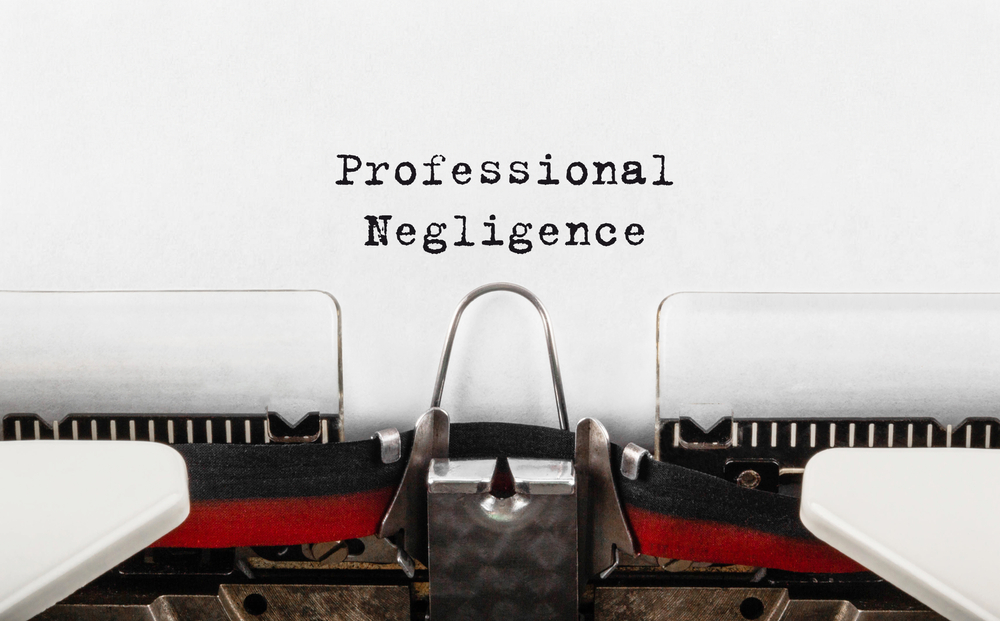
What is professional negligence?
Professional negligence is a cause of action that arises when a company or an individual engages a professional such as an accountant, a financial adviser or a lawyer who fails to exercise due care and skill in the scope of their engagement. For a claim to exist, the negligence must cause the company or individual to suffer a loss.
What are the elements of professional negligence?
The elements of negligence are:
- duty of care;
- breach of duty;
- causation;
- damages.
Professional negligence happens when a professional breaches a duty of care that they owed to a client and the breach causes the client to suffer damages.
What is a Duty of Care?
Professionals are expected to exercise due care, skill and diligence in respect of the work they are engaged to do for their clients. The standard of care that a professional owes to a client is often influenced by the risks that are foreseeable and the precautions that a reasonable professional should take to minimise those risks.
What is a Breach of Duty?
A breach is an act or omission that the professional engages in which is below the standard of care reasonably expected of the professional.
That said, a professional is usually not in breach of their duty if an inherent risk materialises and it could not have been avoided by the exercise of reasonable care and skill.
What is Causation?
Not all errors will constitute professional negligence. The error must cause the client to suffer a loss. This is where causation is important.
Causation is accepted as having two aspects. The first aspect is whether the negligence was a necessary cause of the loss. This is commonly referred to as the ‘but for’ test which can be addressed by asking ‘but for’ the negligence would the loss have occurred? There are however some cases where the ‘but for’ test is not adequate to determine causation.
The second aspect relates to whether the professional ‘materially contributed’ to the loss. This is more appropriately applied where the loss could be the result of multiple causes. This aspect serves to prevent multiple tortfeasors from each legitimately saying “but for my negligence the claimant would still have suffered loss” particularly where each of the tortfeasors may have materially contributed to the claimant’s loss.
Damages
Even if a professional breaches a duty and causes damages, the claimant will not succeed in a professional negligence claim if it was prepared to accept the risk that resulted in the damages.
Damages can be calculated with reference to the value of any opportunity which would have been obtained but for the negligence, the costs incurred as a result of the negligent act and the costs to remedy any issues caused by the negligence. In some cases, the fees paid to the professional can also be claimed.
Insurance
Professionals will usually have professional indemnity insurance which covers them in relation to negligence claims.
Professionals should consider speaking with their insurers about their coverage if they receive a demand or a claim alleging negligence. It is very important for professionals to comply with the terms of their insurance policy.
If you are considering making or are protecting yourself against a professional negligence claim, contact Rouse Lawyers for a complimentary discussion about how we can help.
Disclaimer
The information contained on this website is for general guidance on matters of interest only. The application and impact of laws can vary widely based on the specific facts involved.
Accordingly, the information on this site is provided with the understanding that the authors and publishers are not providing legal advice. As such, it should not be used as a substitute for consultation with professional legal advisers. Before making any decision or taking any action, you should consult with a professional lawyer from Rouse Lawyers.
Liability Limited by a scheme approved under Professional Standards Legislation.

